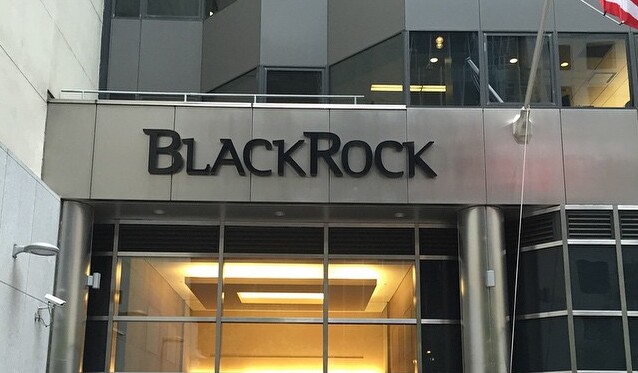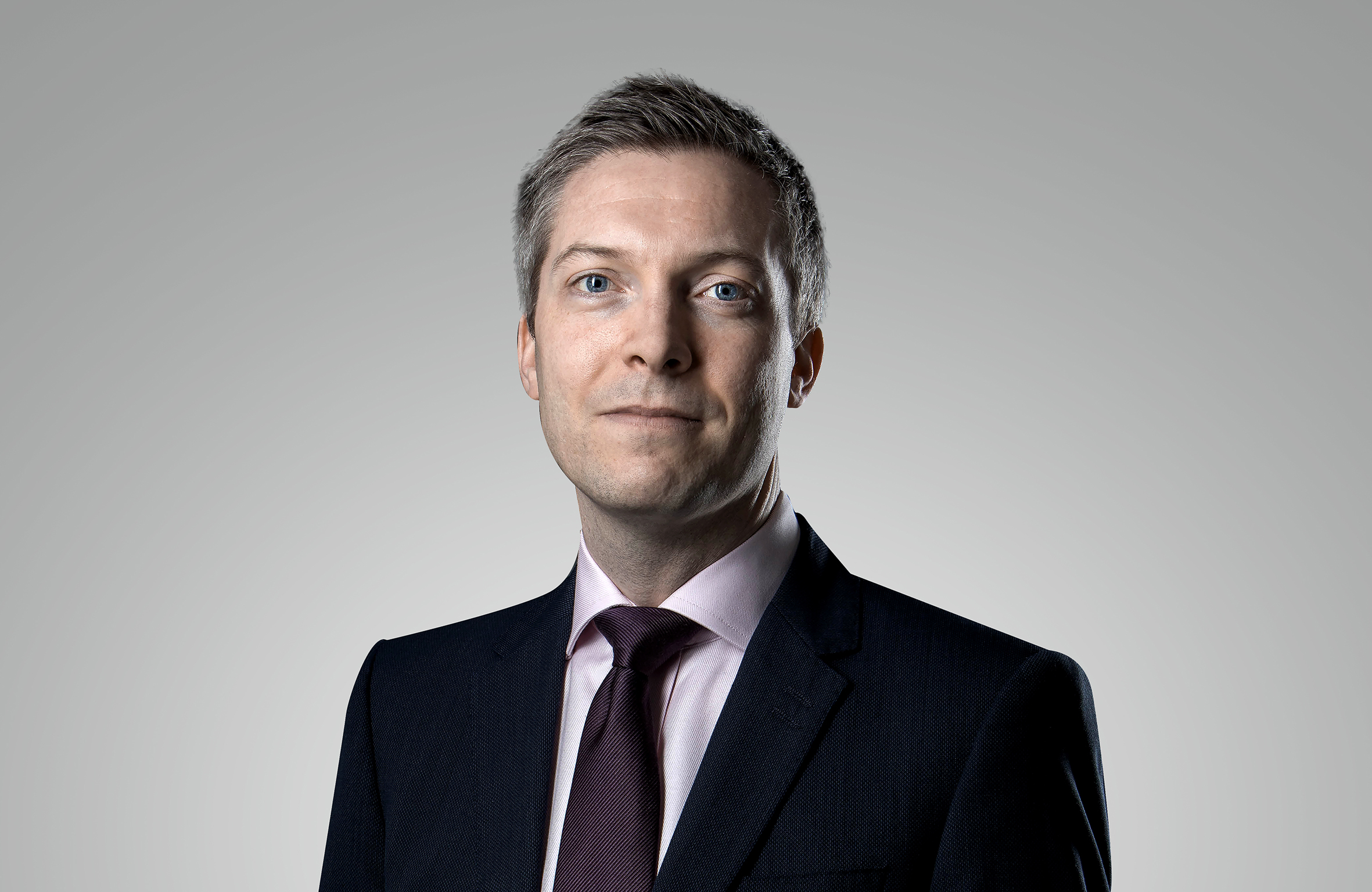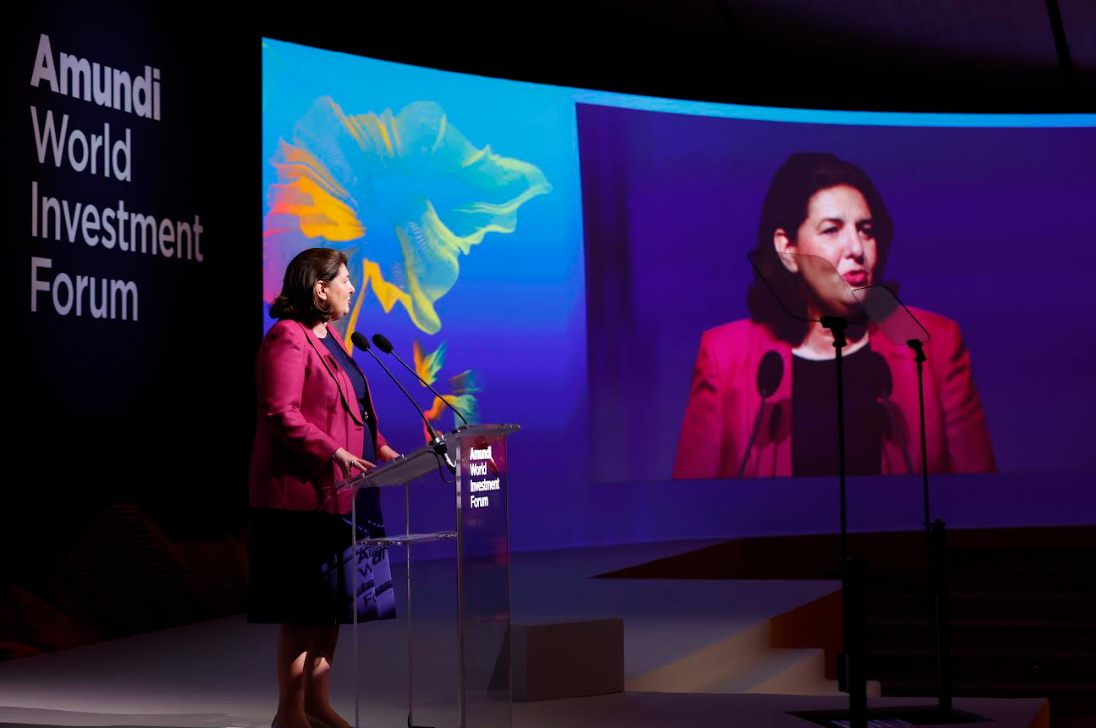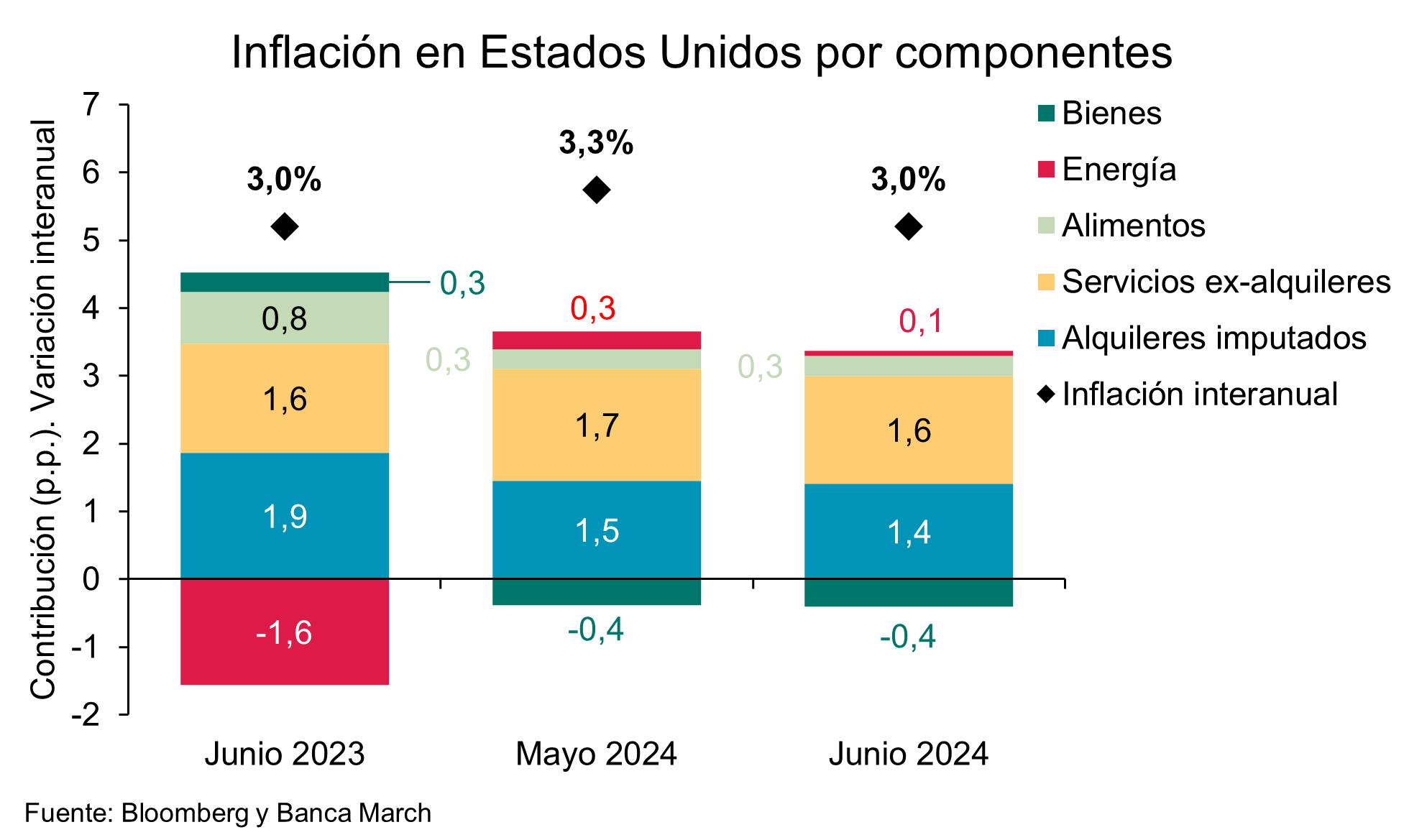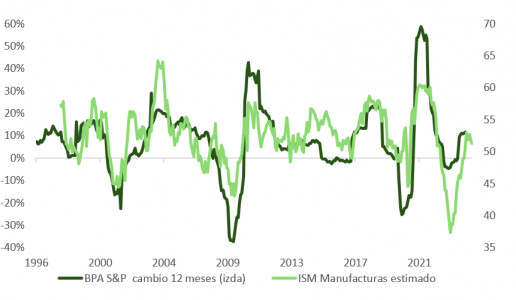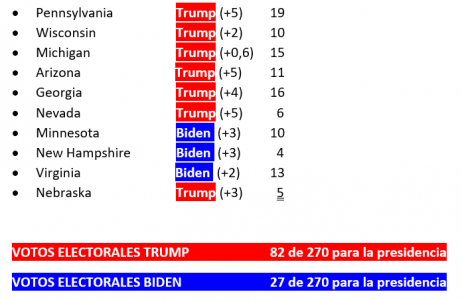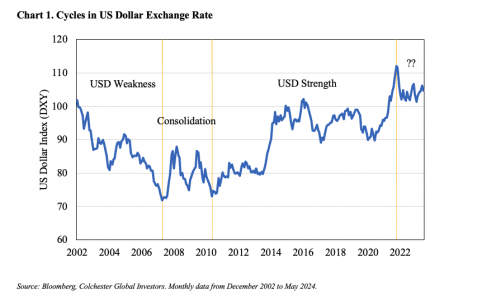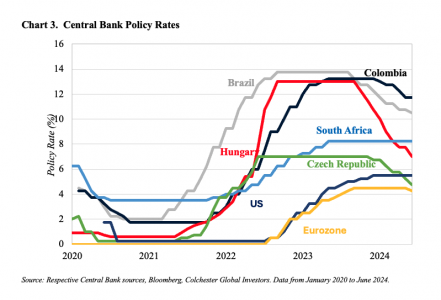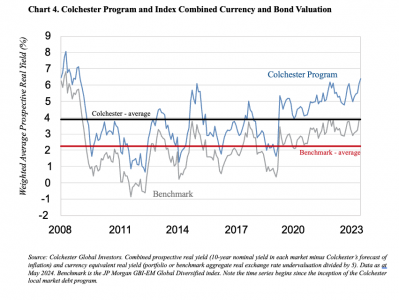
So far in 2024, local currency emerging market (EM) debt has generated a negative return; however, this should be viewed in the broader context of the prevailing interest rate and currency environment, says a Colchester report accessed by Funds Society.
A simple comparison of the standard index for local currency EM debt (the JP Morgan GBI-EM Global Diversified) with the FTSE World Government Bond index of investment-grade government debt shows that local currency EM debt has not underperformed in relative terms.
It is also worth considering the composition of the return of local currency EM debt, which can be broken down into the return from the local currency bond markets themselves, and the impact of currency changes. This breakdown demonstrates that the negative return so far in 2024 is entirely due to currency weakness.
The JP Morgan GBI-EM Global Diversified index return in local currency terms is positive year-to-date, while the return in USD-hedged terms is a reasonable 0.74%. This shows that EM currencies have, on average, declined against the US dollar, which has appreciated against most currencies during the period.
Outlook for the Asset Class
Regarding the outlook for the asset class, we analyze the two return drivers separately, i.e., the currency component and the underlying bond return (which in turn can be broken down into price return and interest yield). Previous Colchester analysis clearly shows that a rising US dollar environment tends to be difficult for local currency EM debt, and conversely, a weakening US dollar tends to coincide with relatively strong asset class returns.
The US Dollar Cycle
Historically, the direction of the US dollar has been closely linked to the performance of EM assets. When the dollar strengthens, this often coincides with a tightening of global financial conditions that pressures EM economies with weaker balance sheets, current account deficits, or foreign capital dependencies. It also tends to cause currency weakness among EM currencies, exerting upward pressure on EM inflation and deteriorating credit quality. This mechanism also unfolds to varying degrees in the developed world.
The last two decades have seen two distinct US dollar cycles: (i) depreciation in the first seven or eight years of this century, and (ii) significant appreciation from 2011 to 2022 (though upwardly extended). The dollar also went through a consolidation period between 2008 and 2011. These three periods can be seen in the following chart.


When observing the respective USD returns of local currency and hard currency EM bond classes during these periods, it is not surprising to see that they are highly correlated with the dollar’s direction. The hard currency index outperformed the local index when the dollar strengthened and underperformed when it weakened. In absolute terms, local currency debt produced attractive positive returns during both USD weakness and consolidation periods, but performed poorly during the USD strength period.
There are other elements in play, such as the widespread global inflation of 2021/22, but nonetheless, the following chart demonstrates a statistically significant relationship between US dollar movements and local currency EM debt index performance. Looking ahead, this raises the question of what the likely trend of the US dollar will be.
As a cornerstone of our currency valuation framework, we believe that the real exchange rate provides a useful metric for assessing relative currency value in the medium term. Our current assessment of the US dollar’s real value suggests that it may have peaked towards the end of 2022 and could be entering another depreciation cycle similar to the 2000s.
Colchester estimates that the dollar reached a real overvaluation of nearly 30% against a basket of five major developed world currencies at the end of 2022. While the dollar has weakened slightly since then, it has strengthened again in the first six months of this year, meaning it remains extremely overvalued according to our real exchange rate analysis. Relative purchasing power parity theory and empirical evidence suggest that the US dollar is more likely to weaken than strengthen in the medium to long term.
Turning points are notoriously difficult to identify ex-ante in all financial markets, and perhaps even more so in currency markets. Nonetheless, besides the extreme overvaluation of the real exchange rate, there are other indications that we may have seen the peak of the US dollar in this cycle. For one, the interest rate differential between the US and other major economies is no longer widening. Broad money growth (M2) in the US remains moderate, suggesting that absent a commodity price shock, inflationary pressures are not rising. Indeed, core inflation is likely to continue to decline gradually from current levels, and markets are once again contemplating the timing of potential Fed rate cuts.
Colchester’s outlook for the US dollar is not based on a forecast of monetary policy easing; in fact, we do not make official rate forecasts at all. However, we firmly believe that real exchange rates are a key factor in long-term exchange rate variations, and this indicates to us that the US dollar may be entering a period of depreciation.
EM Inflation and Real Yields
The second component of local currency EM debt returns is obviously the performance of the local bond markets themselves. In Colchester’s framework, prospective real yield is a value indicator, so we must consider inflation prospects in the EM universe and the level of real yield on offer.
Certainly, there was an increase in inflation in Latin America and Central Europe in response to post-pandemic supply chain disruptions, aggressive stimulus, and high food and energy prices. The experience in Asia was more varied, but upward inflationary pressure materialized in certain economies. However, it is noteworthy that as global inflationary pressures have subsided, inflation has decreased in EMs at a similar, if not faster, pace than in some developed markets. Particularly in Latin America, inflation has followed a clear downward trajectory after peaking in 2022 in economies like Brazil, Mexico, and Chile.
This disinflationary process in many major EMs is not surprising, given the pace and scale of monetary policy adjustments undertaken. Many EM central banks were not only more conservative than their developed market counterparts in response to the COVID-19 shock but also much more aggressive in tightening policies in the face of deteriorating inflation prospects. In Brazil and Colombia, for example, central banks began raising rates about 12 months ahead of the Fed.
As inflation has decreased, several EM central banks have begun easing cycles, but importantly, real interest rates remain relatively high. In Brazil, for example, the latest inflation figure was 3.9%, while the official rate remains 10.5%. In Colombia, inflation is 7.2%, and the policy rate is 11.25%, while in Hungary, the latest CPI was 4.0%, and the policy rate is 7%. Given Colchester’s inflation forecasts for most EMs imply stable or declining inflation, the level of prospective real yield across the curve remains significant. This makes these markets attractive both in absolute terms and relative to their developed world counterparts, including the US.

Valuation of Potential Real Yields
Colchester’s prospective real yield and real exchange rate valuation approach provides a framework within which to evaluate potential medium-term local currency debt returns. Both benchmark bond and currency exposures and Colchester’s program exposures can be translated into potential real yield by multiplying their respective weightings by the prospective real yield and real exchange rate on offer in each market. This provides a metric that can be assessed over time.
The current “value” on offer in both the JP Morgan GBI-EM Global Diversified index and Colchester’s local currency program is near historic highs. The attractive prospective real yields on offer across the opportunity set, combined with the undervaluation of EM currencies relative to the US dollar, make a compelling valuation case relative to history. Positive inflation prospects, along with high nominal yields on offer in many EMs, suggest a potential real bond return of over 3% in the benchmark index, and closer to 5% in the Colchester program. Similarly, the sustained undervaluation of EM currencies’ real exchange rate against the US dollar by about 18% in the benchmark, and around 22% in Colchester’s currency exposures, suggests another 3% and 4%, respectively, of intrinsic value on offer on the currency side.
Combining these suggests a potential real yield of around 7% in the benchmark index and around 9% in the Colchester program. As the following chart highlights, both compare favorably with an average of around 3% and around 5%, respectively, since the inception of the Colchester program in January 2009. A similar analysis in relation to the euro shows a similar picture. The value on offer is slightly lower in absolute terms, given the euro’s undervaluation against the US dollar, but the prospective real yield of the strategy remains a healthy 6.4% in euro terms.
Relative to its history, this metric (whether in USD or euro terms) suggests that local currency debt currently offers attractive value.

Conclusion
Compelling prospective real yields, prudent monetary policy, greater macroeconomic stability across much of the local currency EM debt space, and significant real currency undervaluation provide a positive context for the asset class going forward. Local currency EM debt should perform well in this environment, especially if the US dollar remains stable or falls. Compared to its own history, Colchester’s assessment of the prospective real yield on offer in the local currency debt space is particularly attractive at this juncture.
Colchester Global warns that this article should not be considered a recommendation or investment advice. For more information and disclaimers, you can visit the following link.



